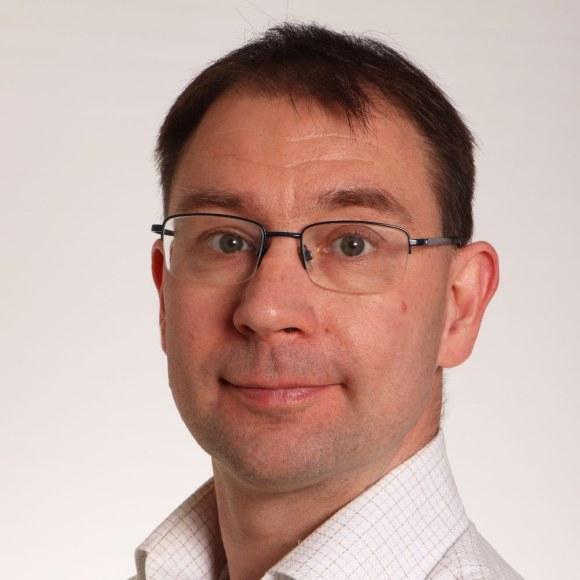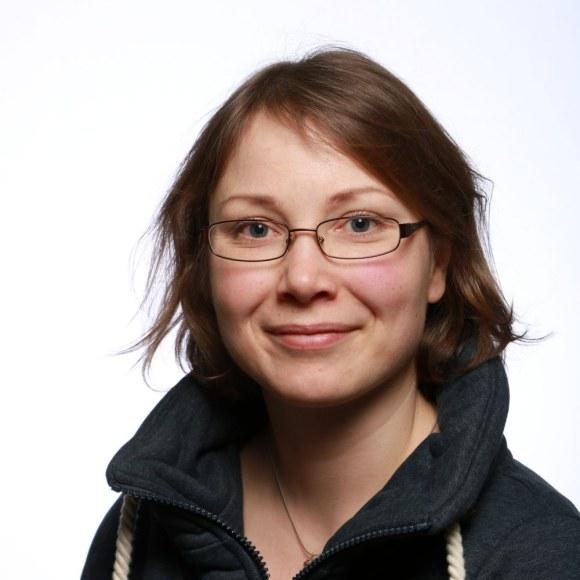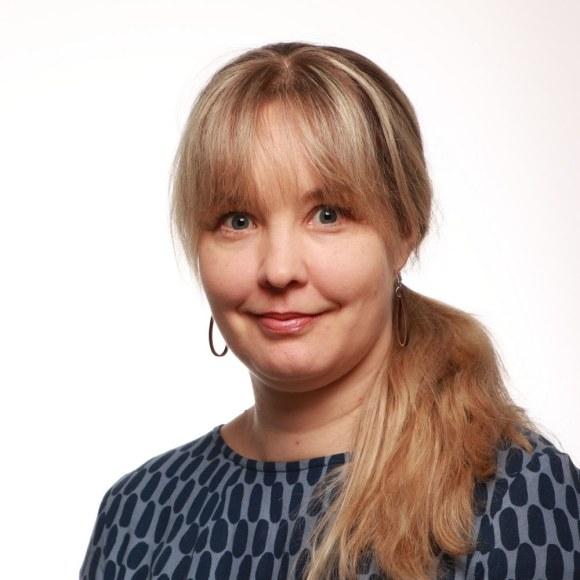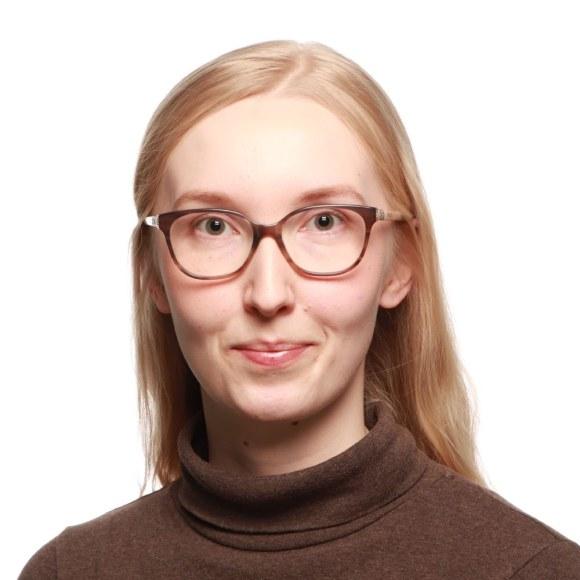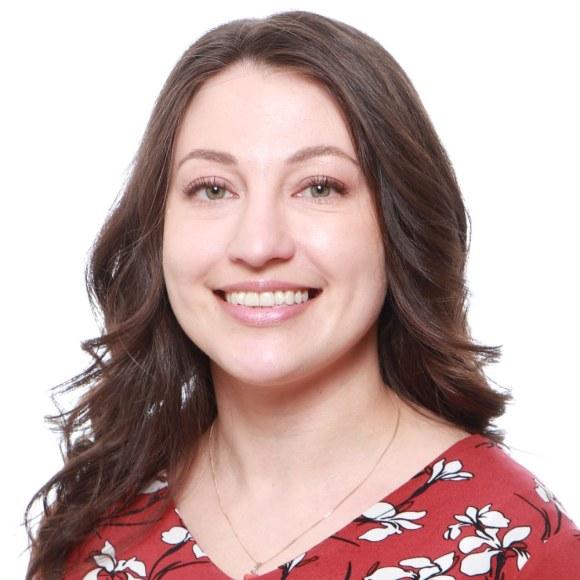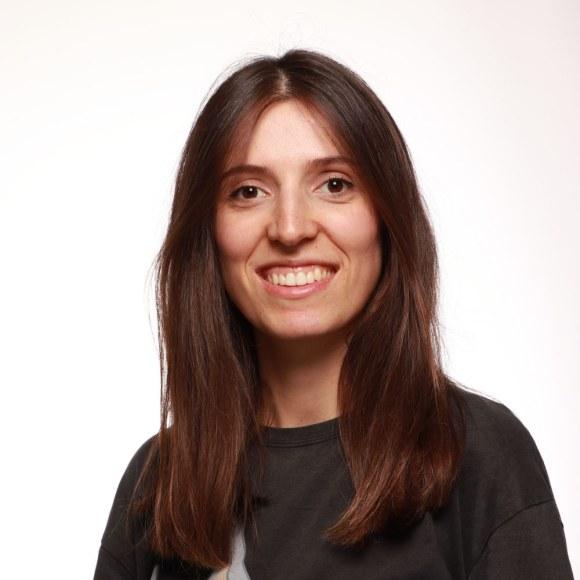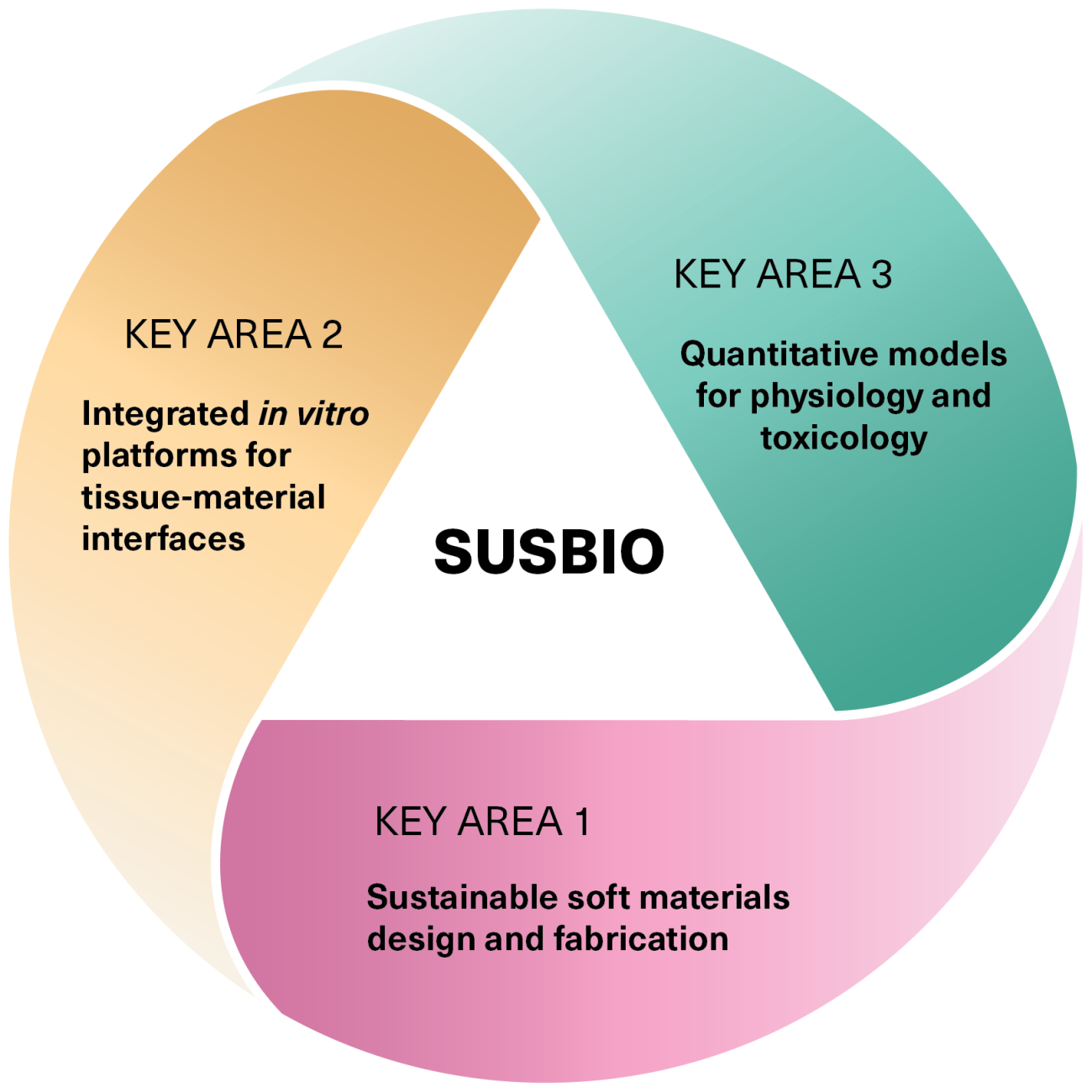
Sustainable Biomedical and Toxicological Research (SUSBIO)
is one of the profiling areas at Tampere University that were granted by the Research Council of Finland in the PROFI 7 Call (project no. 352754, 2023-2028). Several research groups from the Faculty of Medicine and Health Technology (MET) and the Faculty of Engineering and Natural Sciences (ENS) at Tampere University are participating in this multidisciplinary project that aims to emphasize and enhance the collaboration between research groups from different faculties.
Key development subjects
- To develop novel sustainable soft materials.
- To develop advanced in vitro methods for studying human physiology and simulating complex disease mechanisms. These methods should
- be used to study soft materials, or
- utilize soft materials.
- To emphasize and enhance cross-faculty collaboration between MET and ENS.
Goals
- To find new ways to model human body, allowing deeper understanding of complex physiological processes, which will pave the way for the development of new therapies and diagnostics, and reduce the need for animal testing.
- To reduce the accumulation of microplastics in different living environments in the long term with the help of new biodegradable functional materials.
Three key areas of SUSBIO
- Sustainable Soft Materials Design and Fabrication provides resource-friendly fabrication methods for dynamically responsive soft materials with tailored chemical and mechanical properties (combined with ECM-mimicking biomaterials that degrade in a controlled manner), and development of animal-free cell culture media and conditions.
- Integrated in vitro platforms for tissue-materials interfaces provides combination of technologies to construct complex in vitro platforms with quantitative manipulation and measurement capabilities (electrical, mechanical, and biochemical cellular responses), using a combination of soft responsive materials and lab-on-chip.
- Quantitative models for physiology and toxicology provides development of integrated quantitative models of human physiology, pathologies, and toxicology (e.g. cell monocultures, 3D-bioprinted co-cultures & tissue/organ-on-chip combined with data-rich measurements) to understand the evolution of the properties of micro- and nanoplastics in human cells and tissues. The gathered information will be used to influence to regulatory acceptance pathways for the in vitro models, and design of new materials.
National and international collaboration
By participating in several CoE and Flagship programmes (i.e. Body-on-Chip Research (CoEBoC), Life-Inspired Hybrid Materials Research (LIBER), Photonics Research and Innovation (PREIN), the Finnish Hub for Development and Validation of Integrated Approaches (FHAIVE)) we work closely with several Finnish universities and research institutions.
Internationally, PIs of the CoEBoC are active in Nordic and European Organ-on-Chip associations, and FHAIVE is an integral part of the European alternative method networks. We have also two international partners:
- Center for sustainable advanced materials and manufacturing for life sciences, Politecnico di Milano (contact: Prof. Pierangelo Metrangolo)
- The Faculty of Science and Technology at the University of Twente (contact: Assoc. Prof. Andries van der Meer)
Postdoctoral programme
New postdoctoral research fellows in the field will be recruited for three-year vacancies to strenghten the profiling area and cross-faculty collaboration.
The results of the Postdoctoral Research Fellow Call 2025 can be found here.
There will be no further calls for postdoctoral positions.
Seed funding programme
We provide funding for smaller collaboration projects (new openings) that will strengthen the development of soft materials and their experimental and sustainable research across faculty boundaries.
The results of the Seed Funding Call 2026 can be found here.
Seed Funding Call 2027 will open in late 2026.
Are you interested in participating the SUSBIO project as collaborating research partner/group?
Please contact our SUSBIO-coordinator for more information. We will add you to our TEAMS group (TG-SUSBIO) and group mailing list (TG-SUSBIO [at] groups.tuni.fi (TG-SUSBIO[at]groups[dot]tuni[dot]fi)) through which you will receive the latest information and news related to SUSBIO.
Funding
Contact persons
SUSBIO coordinator: PhD Jennika Karvinen jennika.karvinen [at] tuni.fi
Responsible directors:
Prof. Arri Priimägi arri.priimagi [at] tuni.fi
Prof. Minna Kellomäki minna.kellomaki [at] tuni.fi



